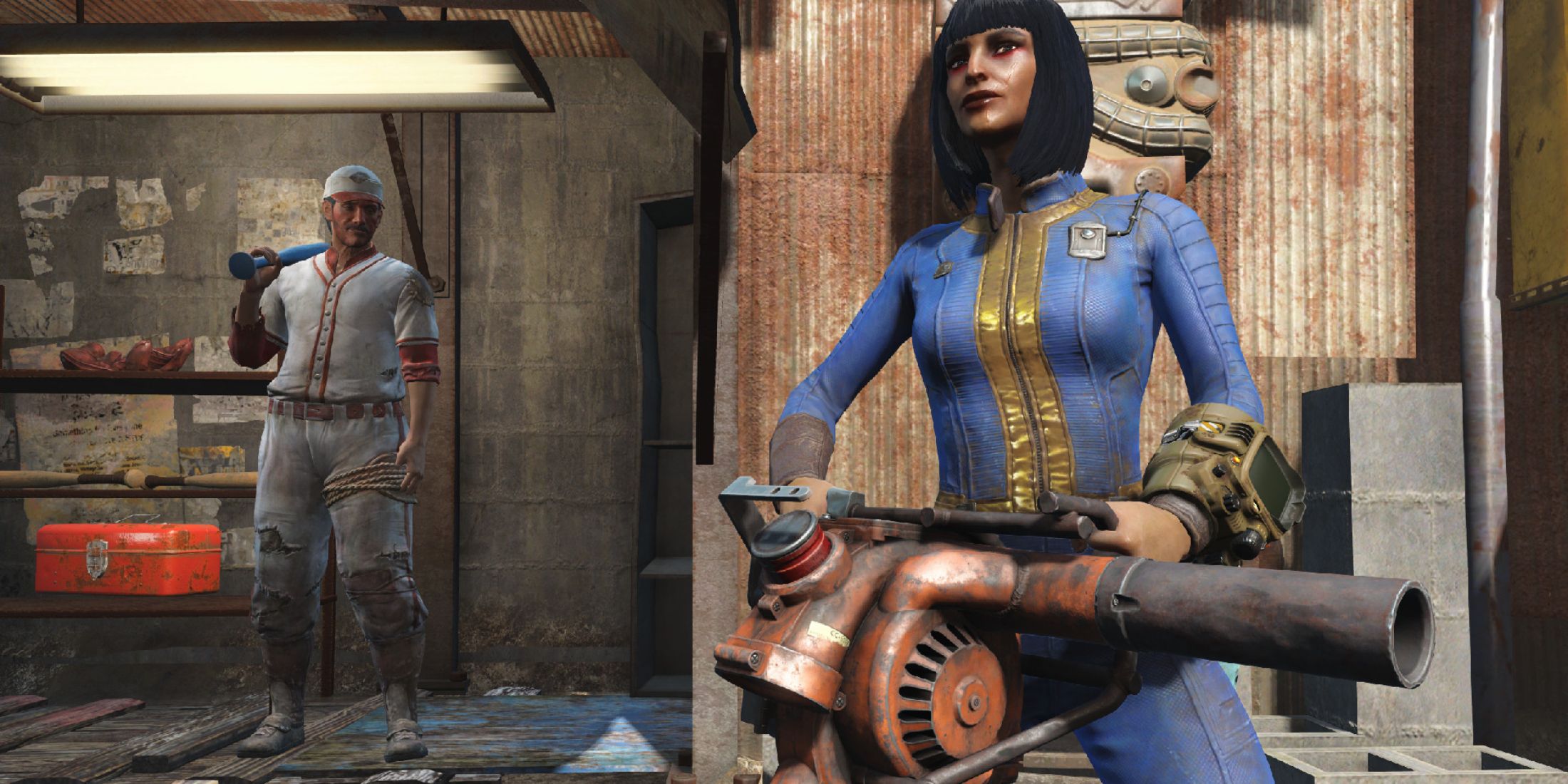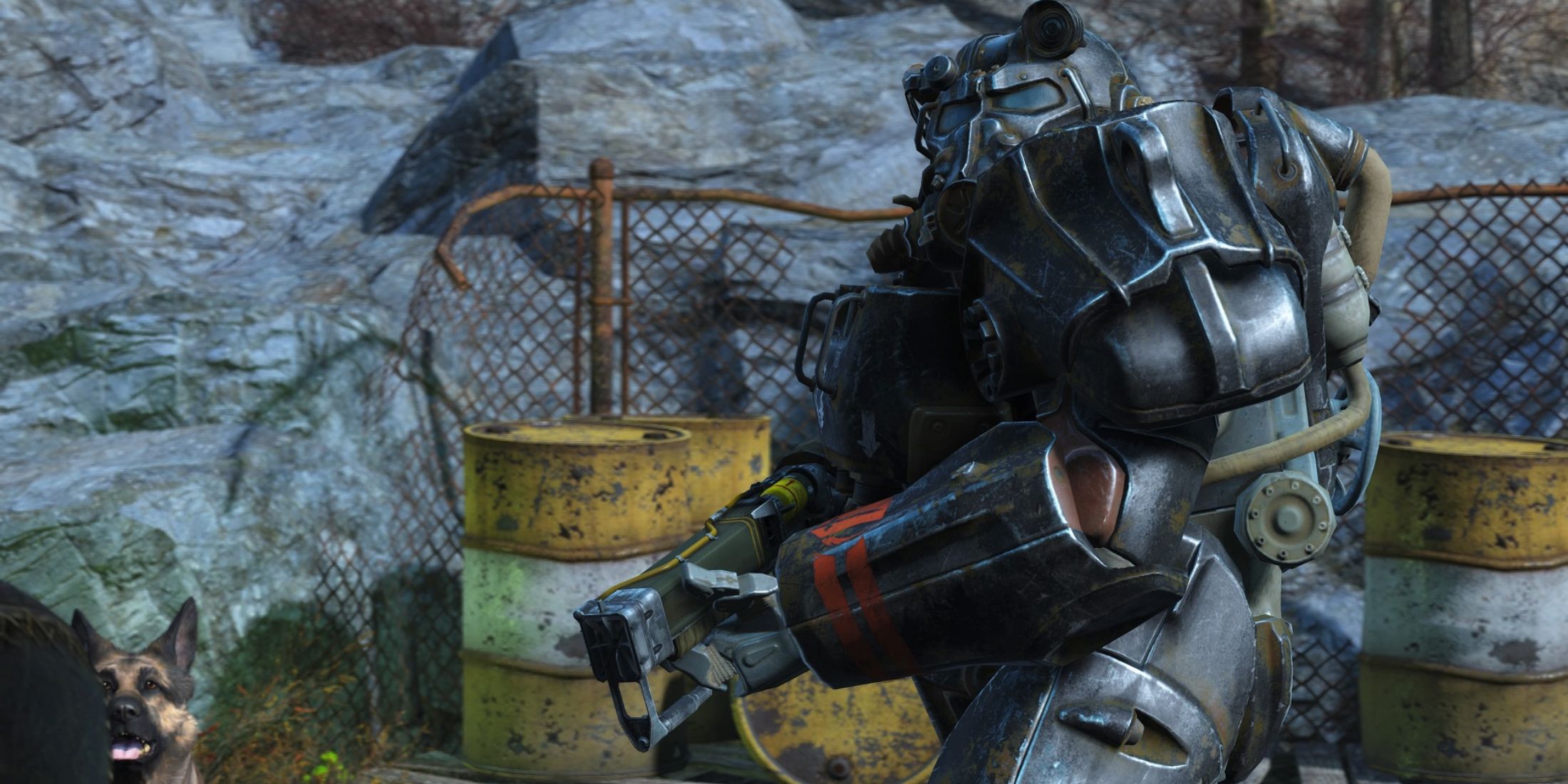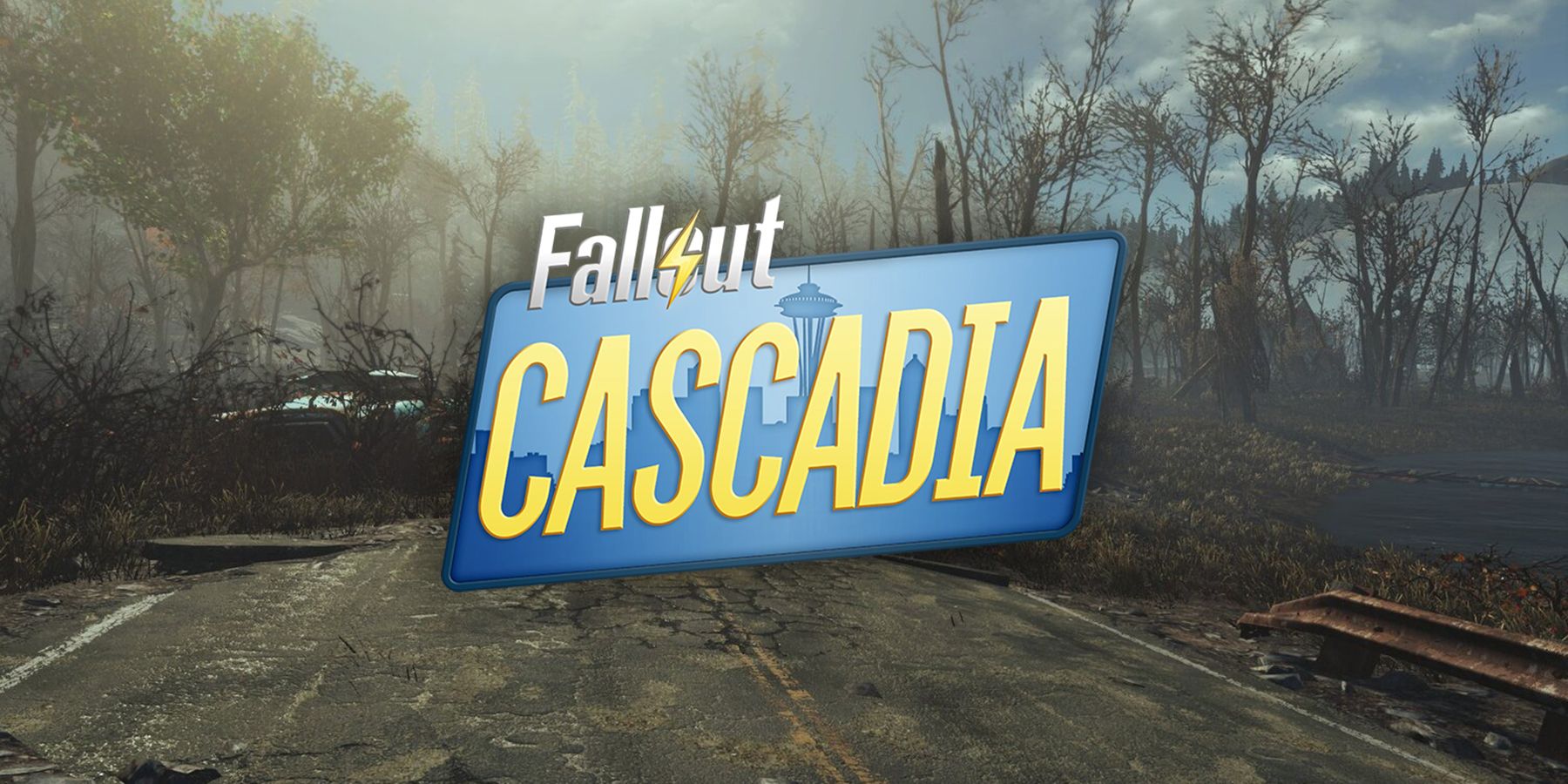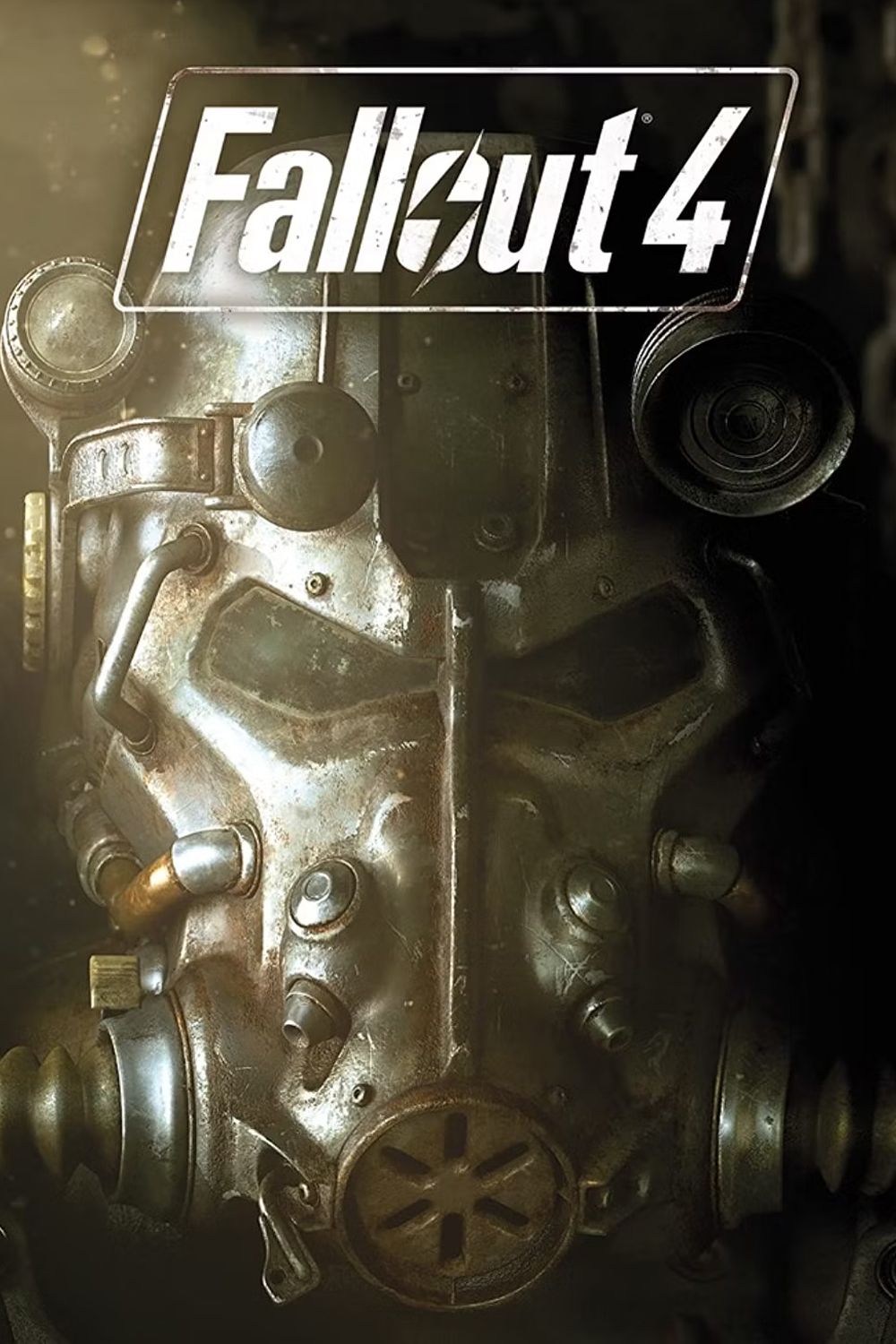Following the release of Fallout 4 in 2015, many classic fans of the series were left feeling disappointed after many mechanics were skipped over, despite the entry's solid reviews. It wasn't long before the mod community sprung into action with teams like Fallout: Cascadia beginning their work within the same year as the main game's release. However, even with eight years of dedicated work, the team still hasn't released their complete overhaul of the base game just yet.
Game ZXC spoke with Fallout: Cascadia's lead level designer Vikthor and lead writer Jonathan about the unique challenges faced by the mod community of Fallout 4 and why mods of this scale often take so many years to release—if they even release at all.
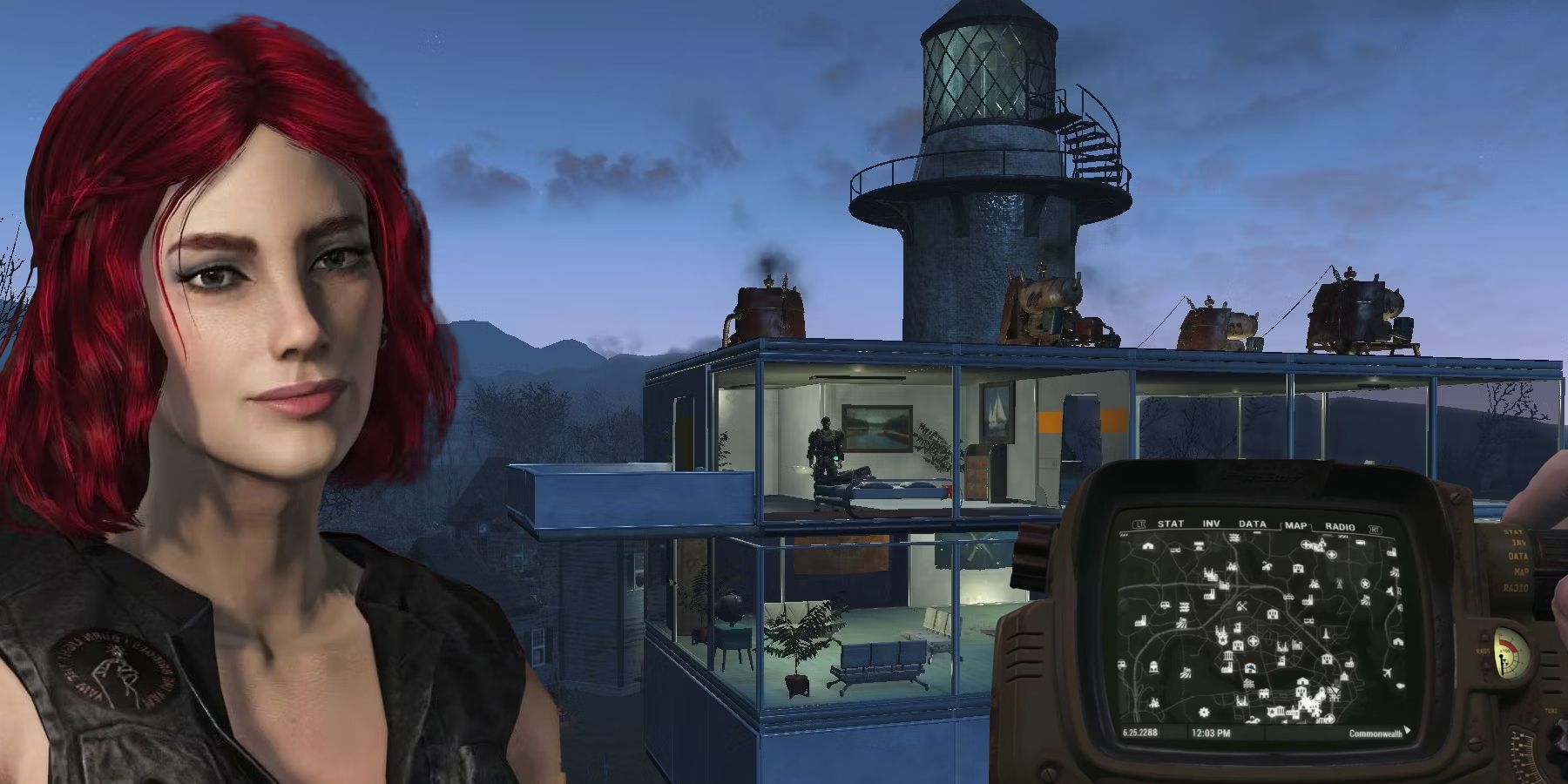
The Best Fallout 4 Mods, Ranked
Fans of Fallout 4 have been making mods for the title ever since it was released. Here's a look at some of the absolute best of the best, ranked.
Fallout 4 Modders Are Facing Their Own Unique Challenges in Development
The road to creating a mod for one of the most successful video game franchises to date is no easy task, and modders often face many challenges unique to their own projects. Though the obstacles can be innumerable at times, a majority of them can be tied largely to scope and turnover.
A project as big as Fallout: Cascadia requires a large group of contributors to keep the momentum going, especially when such a project boasts creating a world almost twice the size of that of Fallout 4. While keeping track of five people is relatively manageable, once the number begins to creep higher, keeping everyone on track can be a big challenge. Not only that, but the project is entirely volunteer based meaning not every modder can contribute the same steady number of hours.
"Even though you know things are happening all the time, it doesn’t feel like anything is happening, and it is not until after those years—where we are now—that you can start to see the result of all that work."
Often, those volunteering their time have school, other jobs, and any number of other commitments preventing them from committing themselves full-time to the project. Additionally, due to the sheer size of the mod, keeping everyone motivated remains a big hurdle for the team. As Vikthor and Jonathan tell Game ZXC, sometimes it can be hard to feel like any progress is being made. Even though things are taking shape all the time, often progress can't be felt until one steps back and measures their past work against the present.
It isn't always the team one has that's the problem, sometimes it's the lack thereof. Due to the nature of mod projects, turnover is high and can heavily dampen the productivity of a team—but not necessarily for the reasons one might think. Yes, fewer hands means less productivity, but it also means less continuity. Even with team leads to help steer the ship and keep the vision alive, the coming and going of team members often means a more constant need to rework ideas, especially in the case of writers. When writers leave, often their ideas leave with them, creating new challenges in development and forcing the new team to have to remold past iterations of an idea, if not toss them out completely and start anew.
"We face the best of issues, having our developers hired in one way or another. Bethesda and other game studios are among [some] of the places modders often end up."
All these challenges can set a mod project back significantly over time. So, why create a full overhaul of Fallout 4's base game in the first place if development is so difficult? The answer is simple: because there is a passionate community of fans who love the franchise and want to keep it alive. They also know what their fellow community members want and are willing to put an inordinate amount of time into making sure other fans can keep enjoying the games they love.

